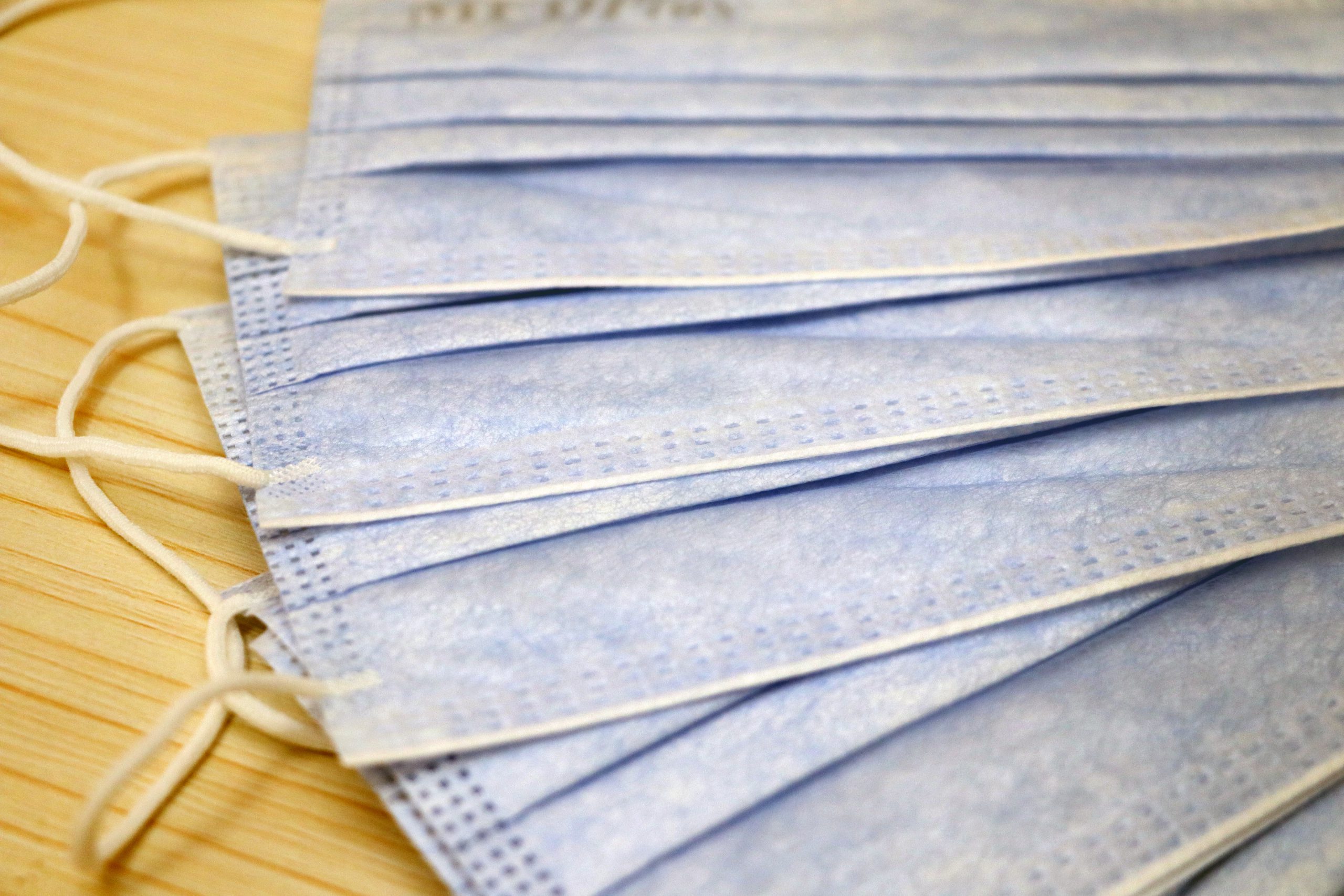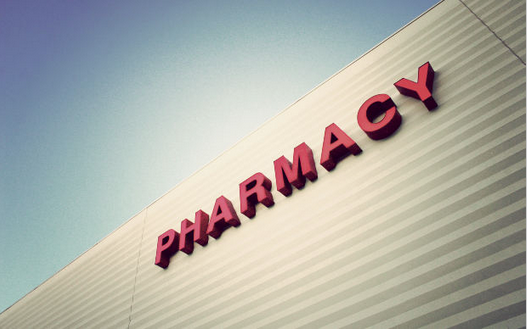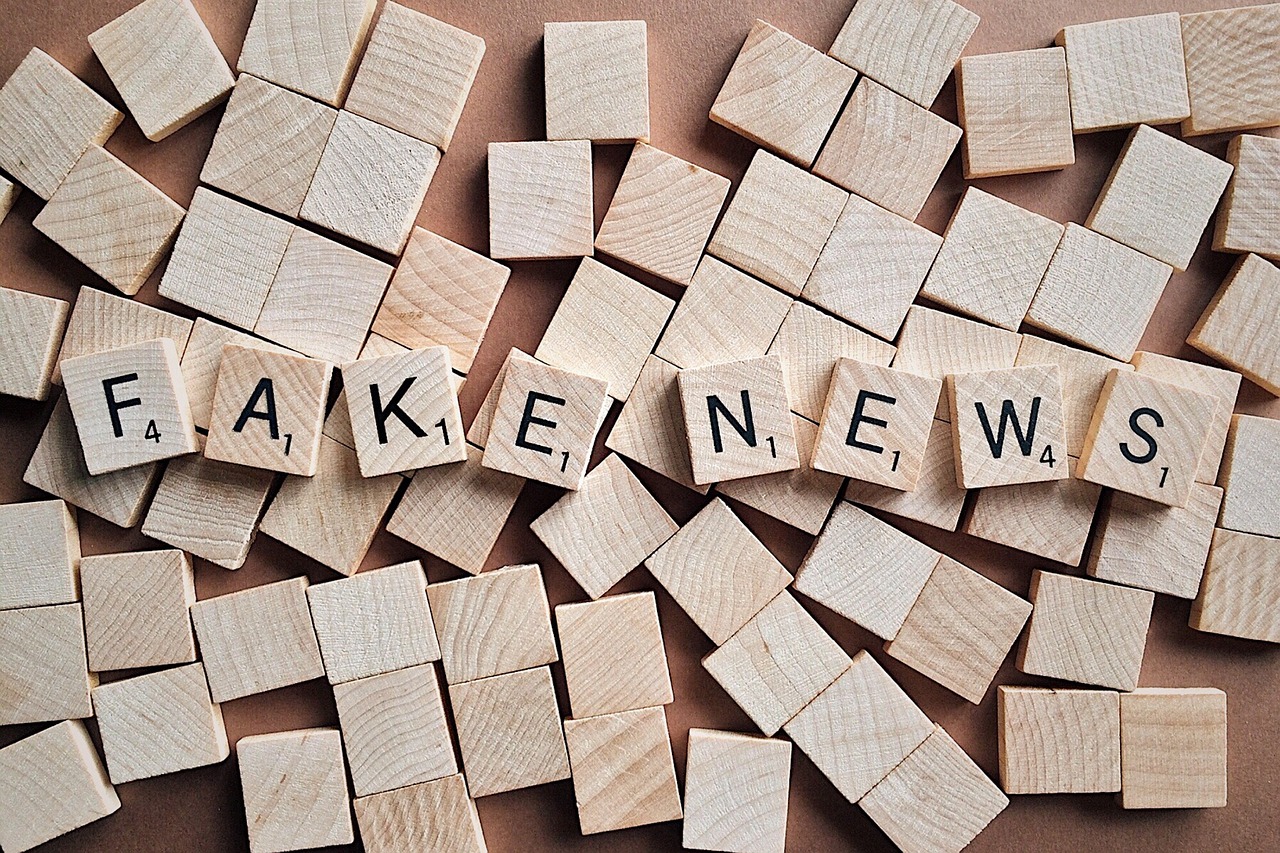Last Updated on February 6, 2020
Last summer the Alliance for Safe Online Pharmacies (ASOP Global) launched a campaign to raise awareness of counterfeit drugs from foreign online pharmacies. This year, they have drafted a letter to the U.S. Congress to encourage them to oppose proposals that allow American consumers to buy Health Canada-approved medication from “legitimate” Canadian online pharmacies.
 Buying medications from other countries has been an idea proposed to combat the high cost of prescriptions in the United States. Starting in 1999 politicians began filling buses with senior constituents and driving them to Canada, starting with then-Representative Bernie Sanders from Vermont. The seniors would travel with prescriptions written by American doctors; once in Canada, a Canadian doctor would rewrite the prescription and then have it filled at a Canadian pharmacy at a fraction of the U.S. cost. One woman’s breast cancer drug, which cost $110 for a one-month supply in Maine, could be bought in Canada for only $12.
Buying medications from other countries has been an idea proposed to combat the high cost of prescriptions in the United States. Starting in 1999 politicians began filling buses with senior constituents and driving them to Canada, starting with then-Representative Bernie Sanders from Vermont. The seniors would travel with prescriptions written by American doctors; once in Canada, a Canadian doctor would rewrite the prescription and then have it filled at a Canadian pharmacy at a fraction of the U.S. cost. One woman’s breast cancer drug, which cost $110 for a one-month supply in Maine, could be bought in Canada for only $12.
Since the advent of the internet, the process to get prescriptions from across the Canadian border has become seemingly easier but is much more risky. A review of 11,000 websites selling prescription medications to U.S. consumers from 2016 found approximately 96% appear to be in conflict with U.S. law, of which 89% of those didn’t require a valid prescription. With so many illegitimate pharmacies, American consumers have a 65% likelihood of finding an illegal or unsafe site if they search for an online pharmacy. More than putting their health at risk by possibly receiving tainted or counterfeit medication, users of these sites are at higher risk of credit card and identity theft.
ASOP’s concerns are based on their experience that they have found no legitimate Canadian online pharmacies that consistently dispense Health Canada-approved medicines to U.S. consumers. Using a bifurcated supply chain, these pharmacies often fill Canadian prescriptions with the properly-approved medicines but sell U.S. patients products from India, Turkey, or Southeast Asia—often containing toxins or other the improper formulas. As such, there is no legal recourse against these foreign pharmacies.
There are several things to watch out for when looking for an online pharmacy:
-
Do not use sites that don’t require a valid prescription.
-
Avoid sites that sell prescription medications by completing an online questionnaire.
-
Be wary of sites that offer drastically discounted prices; “too good to be true” often is.
-
Don’t use sites that do not have a licensed pharmacist available for consultation.
-
Be cautious of businesses that do not display a physical street address.
-
Avoid websites that offer to ship prescriptions from other countries to the United States.
-
Do not use online pharmacies that are not verified by the National Association of State Boards of Pharmacy (NABP).
-
Look for websites using the new suffix .pharmacy (instead of .com or .org) or sites displaying the VIPPS (Verified Internet Pharmacy Practice Sites) Seal. These help consumers know which sites are legitimate at a glance.
For more information about illegal online pharmacies and counterfeit medicines, as well as finding a tool to verify online pharmacies, consumers should visit www.BuySafeRx.pharmacy. For help paying for prescriptions in the United States, patients or caregivers can contact the NeedyMeds toll-free helpline at 1-800-503-6897 or find the information for free on our website at NeedyMeds.org.
About the Alliance for Safe Online Pharmacies (ASOP) Global
![]() Founded in 2009, the Alliance for Safe Online Pharmacies is an international 501(c)(4) social welfare organization dedicated to protecting patient safety globally and ensuring access to safe and legitimate online pharmacies in accordance with applicable laws.
Founded in 2009, the Alliance for Safe Online Pharmacies is an international 501(c)(4) social welfare organization dedicated to protecting patient safety globally and ensuring access to safe and legitimate online pharmacies in accordance with applicable laws.





